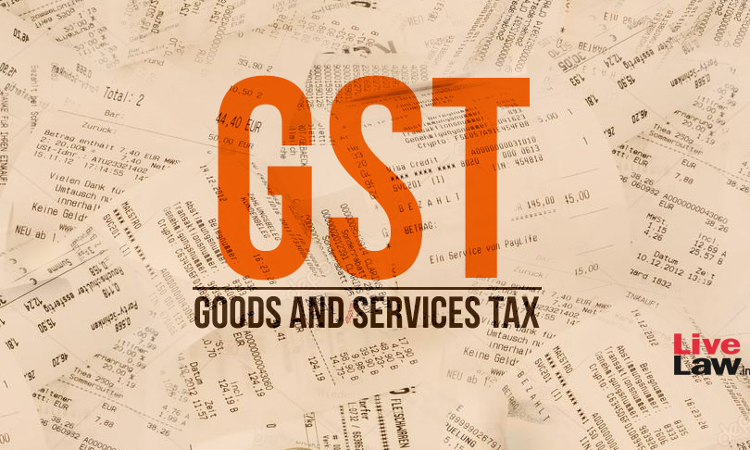No Embargo Under The CGST Act Restraining Pre-Arrest Bail: Kerala High Court
Lydia Suzanne Thomas
26 April 2021 9:53 AM IST

Next Story
26 April 2021 9:53 AM IST
The Kerala High Court on Thursday allowed anticipatory bail to a person who apprehended arrest for supposed infractions of the Central Goods and Services Tax.Finding that there was no embargo to a person's applying for pre-arrest bail under the legislation, Justice Ashok Menon stated, "There is no embargo under the CGST Act restraining the applicant from seeking pre-arrest bail. There is...
